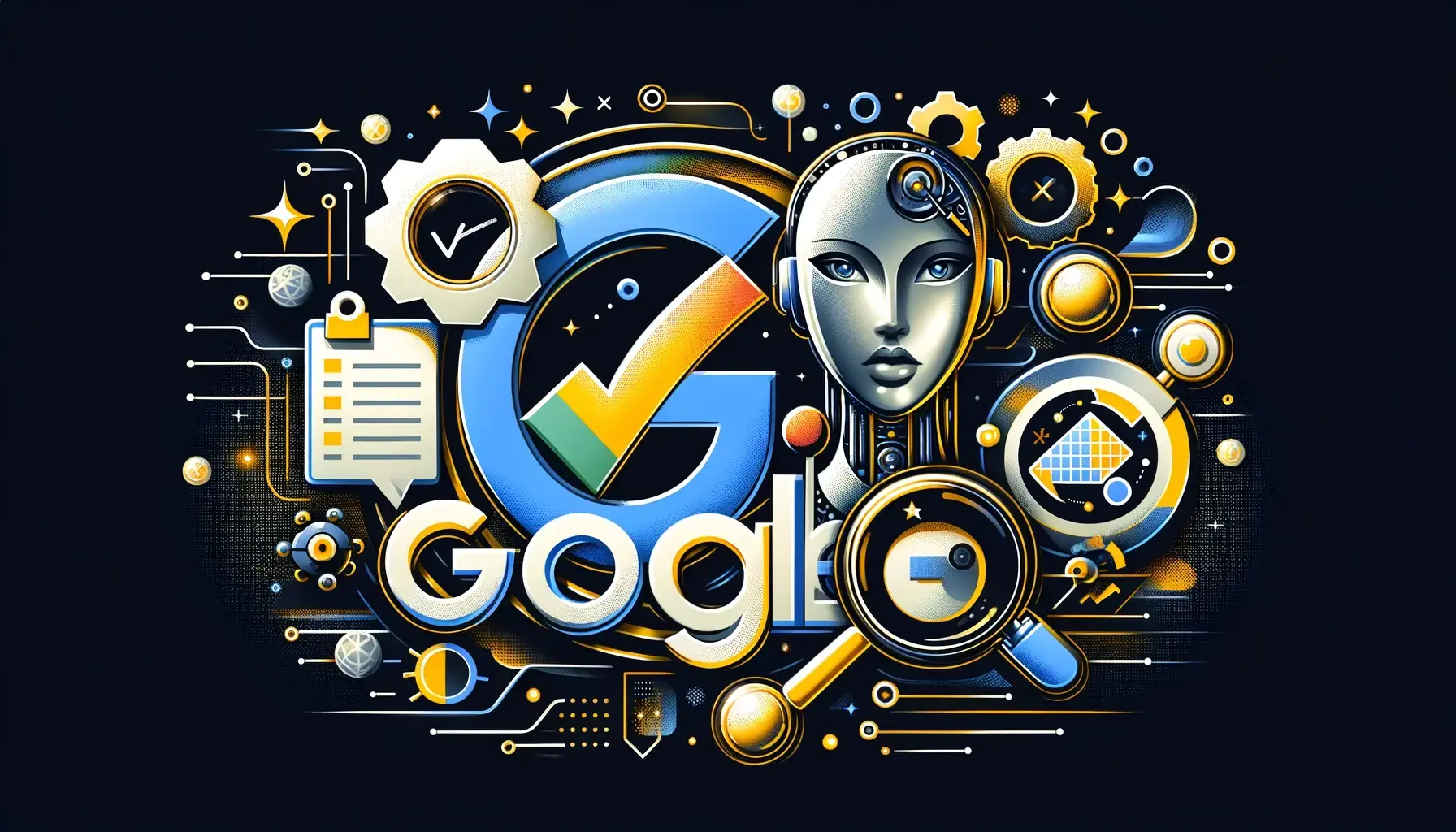
3 Reasons Why: Google won't punish AI-generated content, just because it is AI-generated
Sections
There’s a lot of discussion about the impact of AI-generated content on search engines like Google. Here, we explore three compelling reasons why Google is unlikely to penalize content solely for being AI-generated.
#Reason #1: Google Does Not Have a Detector for AI-Generated Content
Firstly, the idea of Google developing a system to detect AI-generated content seems impractical. If we consider the rapid advancement of AI technologies, any system created today to detect AI-generated content could become obsolete tomorrow. It’s a never-ending cat and mouse game, and it appears that Google is not interested in playing. AI is evolving, and so is the way it creates content. What’s detectable now might be indistinguishable from human-generated content in the near future. It’s a race where the goalposts are constantly moving.
#Reason #2: Google Wants to Show the Best Content to Users
The primary goal of Google is to present users with the best, most relevant content. The source of this content, whether AI-generated or written by humans, is secondary. Google’s algorithms are designed to prioritize content that engages users and encourages them to keep using Google. If the most compelling and useful content comes from AI, Google is likely to embrace it. The focus remains on the quality and relevance of the content, not its origin.
#Reason #3: There Are Already Penalties for Bad and Duplicate Content
Lastly, Google already has mechanisms in place to penalize poor-quality and duplicated content. These standards apply regardless of whether the content is produced by AI or humans. The critical factor for Google is the value that the content provides to its users. If it’s poorly written, unhelpful, or simply a rehash of existing content, it’s likely to be penalized. This approach ensures that Google’s search results maintain a high standard of quality, irrespective of how the content is generated.

